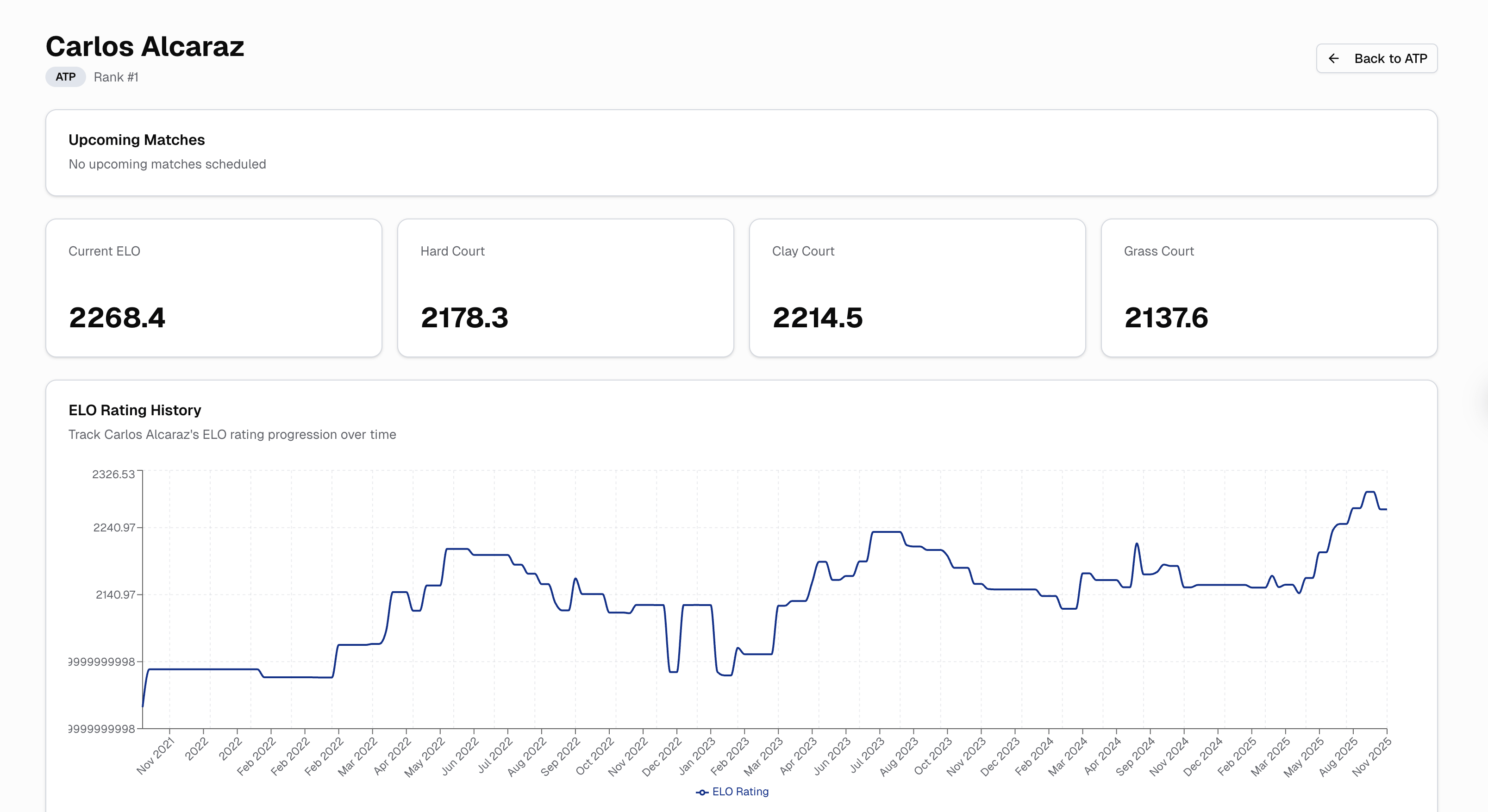The Bar for AI Keeps Shifting
During my computer science studies, our introduction to artificial intelligence didn’t begin with neural networks or robotics, but with a parade of definitions:
- ��“We call programs intelligent if they exhibit behaviors that would be regarded intelligent if they were exhibited by human beings.” — Herbert Simon

